Planning a trip to Europe? We share 100 tips on how to travel Europe, so you can plan your Europe trip & learn how to save money in Europe.
So Europe is a massive continent with so many countries squeezed inside it. Living in Europe opens your eyes up to how different cities, towns, prices, people and hotel standards can be. In my youth, I admit I always thought one city in Europe looked the same as another. How wrong could I be?
Travelling Europe is diverse and a travel tip or hack for one country or city may not work as well in another place in Europe. However, after living and travelling Europe, I have collated some essential travel tips to help you enjoy Europe to the max!
100 Europe Travel Tips
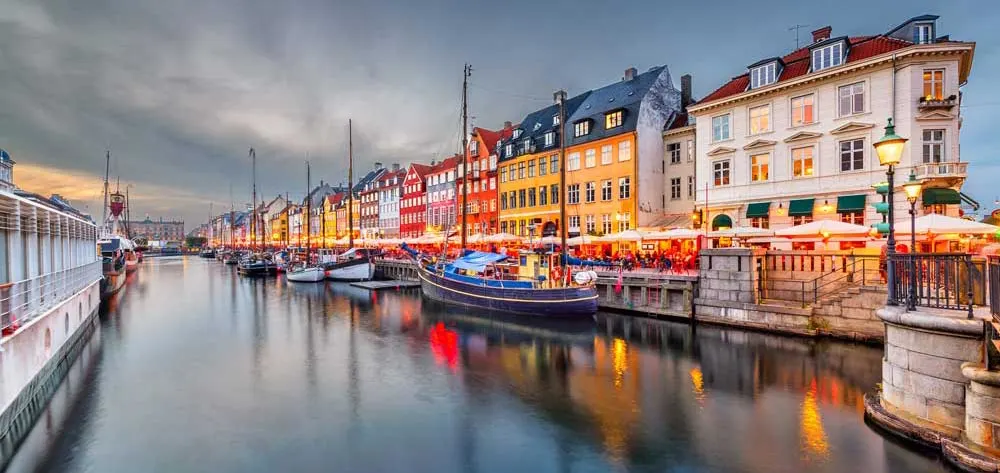
Planning a Europe trip
- Choose your season wisely – Summer is a great time to visit Europe but so are Spring and Autumn if you want to avoid the crowds and queues. Winter is also just as magical if you want to catch the Christmas markets.
- Check the school holidays – Check the European school holidays and avoid these dates if you can! As a teacher, Calum and I often find ourselves travelling during the holidays, paying the extra prices for it and queueing a lot! This website lists all the different holidays.
- Decide on what you want to see – Whether you have certain cities you wish to explore, certain foods you want to try or certain landmarks you want to photograph, make a list of these and stick to it. It is easy to keep adding extra stops to your trip, which is great if you have the time and budget but if you don’t then you may end up missing something amazing.
- Find a focus – Similar to the above, decide on what you want to focus on during your trip. Europe is a big place and knowing what you want to see is essential. If you are interested in World War History then you may wish to tour Poland, Germany and France or visit Italy and Greece to see the ruins.
- Stick to one region – If you are travelling for a short length of time then try to stick to one region of Europe. Travelling from Russia to the UK is long and expensive so choose countries near one another. It also makes for easy travel if you are looking to rent a car in Europe; these tips for renting a car in Europe guide you through any questions you may have.
- Plan strategically – Use Seat61 to help you plan your travel between countries. Check the different train routes available and plan your itinerary around these routes. Read about people’s train travel in Europe experiences to prepare for your trip.
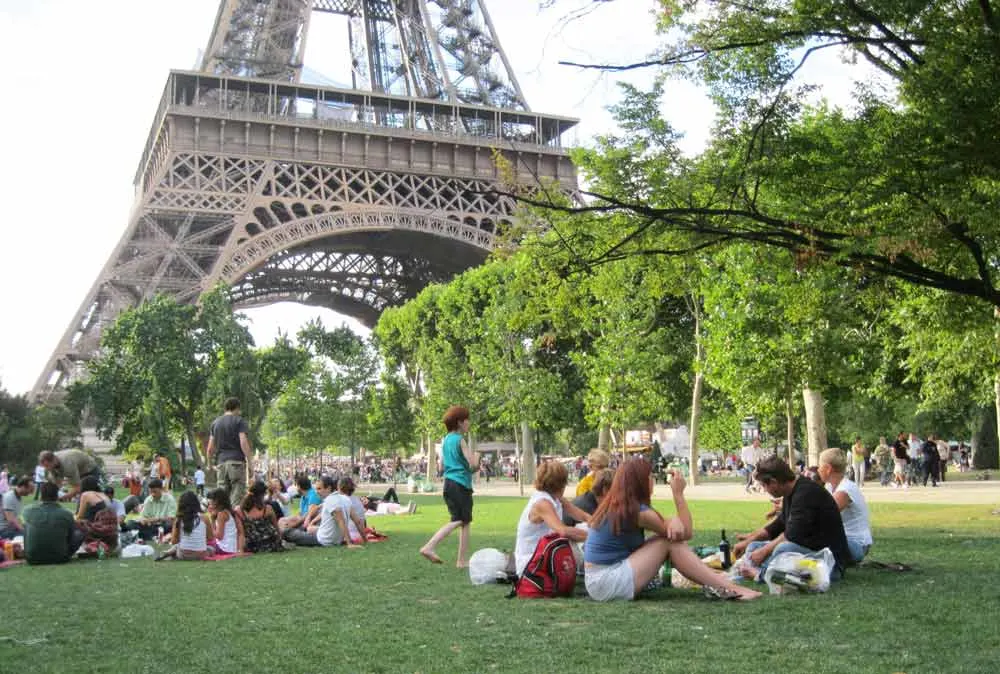
- Order your destinations – This one may sound obvious but use google maps or (god forbid) an actual map to find your chosen destinations and work out the best routes between each of them. Nobody wants to start in London, head up to Scotland then have to head back down to London to get the train over to Paris. Plan smartly and use the map!
- Avoid one-night stays – As tempting as it may be to promise yourself you will arrive early, explore a city, stay the night and then move on, this can be exhausting if done a lot! It is fine to do spend just two nights in those bigger, more expensive cities but plan time for you to rest, relax and rejuvenate at destinations as well.
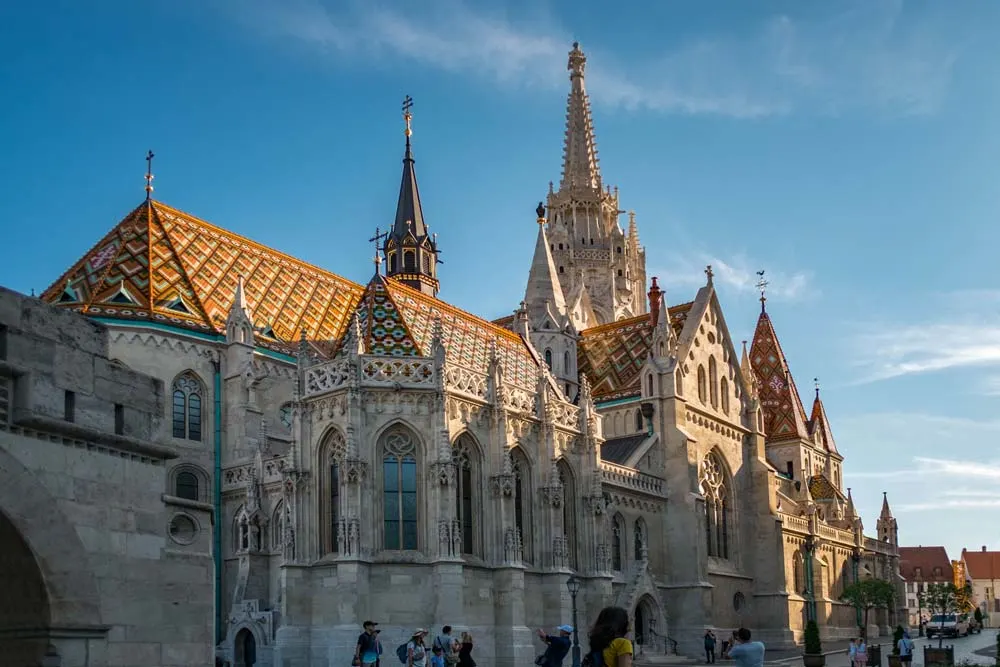
- Stopovers – Make the most out of your stopovers by opting for longer stays. Aim for 7+ hours to give yourself time to head into the stopover city, explore, eat and head back to the airport. Cities like Reykjavik (Iceland), Copenhagen (Denmark), Zurich (Switzerland) and Lisbon (Portugal) are all close to the international airport, making them ideal for stopover explorations.
- Check for festivals – Depending on what you are looking for, you may wish to experience or avoid festivals, meaning you need to know when they are. St Patrick’s day is a great time to visit Ireland or head to Spain on the last Wednesday of August to catch the La Tomatina Festival.
- Documents – An obvious one but make sure you have an in-date passport and driver’s license when planning to rent a car.
- Get outside the city – Cities in Europe are amazing but so are some of the cute towns, boutique villages and incredible landscapes surrounding them. Plus, travel and accommodation can be cheaper throughout the rest of the country, so find time to explore it all!
- Ask the locals – When we went to Paris, I read articles and Lonely Planet books to plan which of the best restaurants we should go to. We went to one and yes, the food was great but it was overpriced and overcrowded. The next day we headed to a little bar around the corner from our hotel and found ourselves chatting to a local couple. They recommended some restaurants and bars to try out and they were right! The food was delicious and half the price of the ‘big name’ spots.

Budget and save money in Europe
- Clear your browser – This is one for all types of travel but make sure to clear your internet history before booking any flights or hotels. Some websites will increase the price of your hotel or flight because you have looked at it before, so before you book anything, clear your history, and cookies and use an incognito window.
- Main Hub Airlines – When possible, try to fly with the airline company of your chosen destination. So, if you are flying to London then catch a British Airways flight, if you are flying to Switzerland then catch a flight with SwissAir. Do your research for the cheapest flights but generally, these flights work out cheaper when flying with the airline of that country. You can always change to catch another flight onwards to your next destination if needed.
- East Vs. West – Eastern Europe offers cheaper food and hotel rates whilst Western Europe holds those famous landmarks, history and great transport options. We love visiting smaller cities and villages like Porto or Lille in the West; they are cheaper and a little more charming.

- Subscribe for updates – Kayak, Skyscanner, Agoda, Last Minute, Momondo, Intrepid Travels, Creative Travel Guide (obviously a must!)… Subscribe to different travel sites to get updates on deals and offers for your visit. We followed CityPass updates when we first started travelling and took advantage of their limited half-price deal for New York City Passes.
- Take your time – If you are on a tight budget, think about taking the slower trains around and between countries such as those in Hungary or Poland. Or opt for a bus to really save on travel. You can save a lot of money by taking it slow.
- ISIC – If you’re a student, get yourself an ISIC card and receive discounts on travel, food and attractions. If you don’t have an ISIC card then you can always bring your student card along anyway as some attractions offer a student rate.
- Avoid withdrawing – Some card machines and ATMs will charge you per transaction, as will most banks. To avoid extra charges, we take out all the money we will need for a week (or however many days we are in that country) and keep it in the hotel’s safe.
- Prices – Prices obviously different across Europe but in popular cities expect to pay anywhere between €15 – €50 for hostel dorm beds whilst campsites are slightly cheaper. Cheap hotel rooms with private bathrooms (and sometimes free wifi and breakfast) can start from €45+. Nicer, 4+ star plus hotels in major cities will set you back around €110+ a night.
- ITIC – If you are a teacher, you can take advantage of the ITIC teacher card, giving you great discounts on your travel across Europe.
- Under 25? – If you are under 25 years old (and in some cases up to 28), you may be able to get cheaper train rates. The Eurostar from London to Paris is a great example of cheaper rates for those under 25.
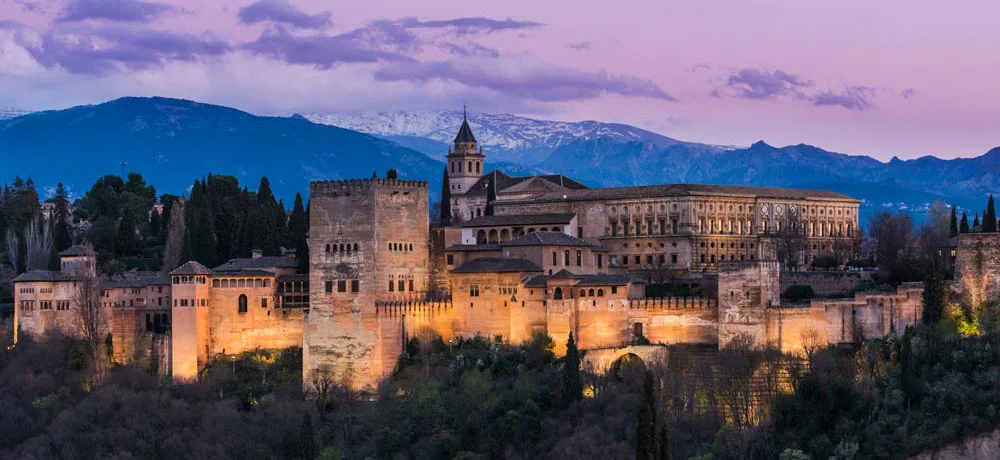
Accommodation in Europe
- Check the website for deals – I can’t tell you how many times I have booked a hotel via Booking.com or Agoda and then realised there was a super amazing deal on the hotels website. Europe offer loads of deals to encourage you to stay longer, check the official hotel website out before booking anything. If there are no deals on the website, then I find for Europe, Booking.com usually offers cheaper deals than Agoda.
- Email the hotel – This may sound odd but I like to triple check everything before I travel (a few travel mistakes has made me like this!). I always email a polite message to the hotel to double check our booking and make any room requests. A few times in Europe we have been given an upgrade or breakfast included when checking in because of a nice email sent before arriving.
- Location, location, location – Check the location of your accommodation before booking, places can be cheaper the further they are from the city centre but check public transport is available. I personally prefer to spend a little extra to stay in the central area of the city and walk everywhere. Restaurants and bars can be trickier to find in the suburbs. Google Map is your friend when choosing a place to stay!

- Airport hotels – Unless you have a super early flight, try to avoid using airport hotels. They are often overpriced and aren’t always that great.
- Search engines – Agoda and booking.com are great websites for hotel searching. You can choose the neighbourhood you want to stay in, price range, star rating and reviews. I always order the list by customer reviews to get a clear and unbiased opinion of the place.
- Hotels near train stations – I love a place that is near a train station but avoid apartments or hotels that are literally on top of or next to train stations. In some areas of Europe (or in fact the world), these areas can be noisy at night and a bit dodgy.
- Hostels – For those on a budget and who don’t mind room shares, hostels can be great. Hostelworld is the most popular website for finding and booking hostels but booking.com also includes hostels and can offer better rates for double rooms in hostels too. In some of the smaller cities and towns across Europe, you may find cheaper double rooms than hostels – especially if you are traveling as a couple.
- Air B’n’B – This website is hit or miss, some people love it and some hate it. You can find some great deals if you book in advance but then some owners over charge.
- Chain hotels – Some travellers may say that staying in a Travelodge, Ibis or easyHotel is a cop-out and isn’t “proper travelling”. I for one, am not a fan of sharing rooms in hostels and not all hostels offer private rooms. Budget-friendly chain hotels offer great value for money and in Europe, chain hotels are always pretty clean and modern.
- Budget Boutiques – In Europe you will find some great budget boutique hotels that can save you lots of money when travelling. Use Agoda or booking.com to filter prices and styles of accommodation and grab a great deal.
- Couchsurfing – Couchsurfing is a popular option for backpackers in Europe, with many Uni students putting up their sofa’s, beds and even spare rooms on the website… All completely free!
- Camping – If you have a car, camping can be a great way to explore somewhere new at your own pace, especially great for families. Camping grounds are usually on the outskirts of cities but are a lot cheaper than hostels and hotels.
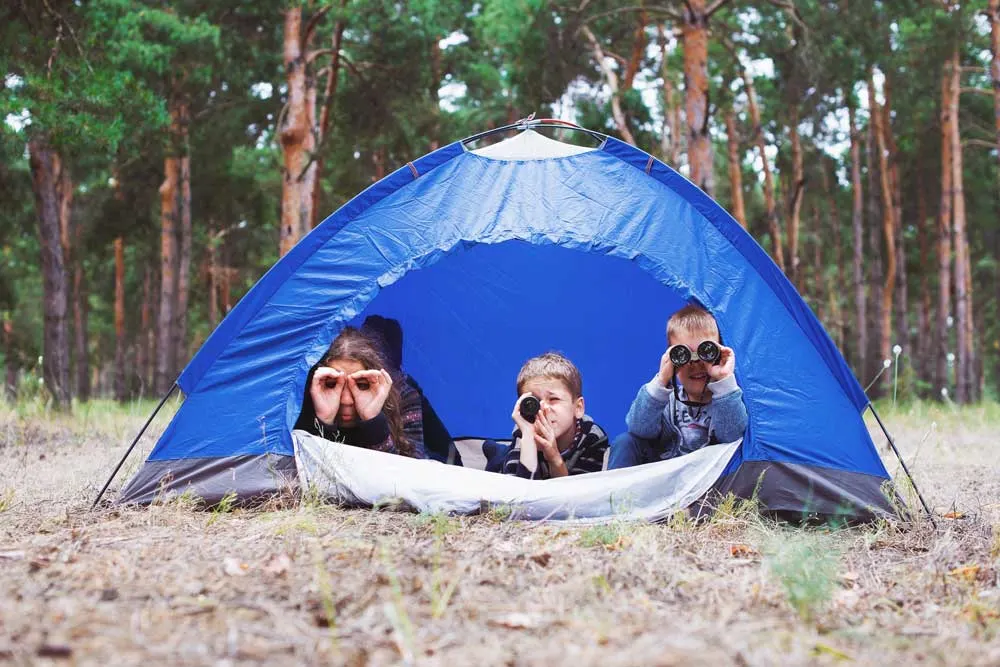
- University Rooms – Accommodation can be so expensive in big cities but university rooms is a great back up! You can select your dates and city then choose from a list of different apartment styled student buildings. This is perfect for those travelling during the holidays.
- Check-in early – If possible, try to plan your trip so you can check into your hotel early. Most hotels have some rooms that are nicer than others and will often give these nicer rooms out on first-come, first-served basis.
- Match or beat the price – I use agoda.com or booking.com to find hotels in Europe but before booking via the website, it is worth ringing or emailing the hotel to see if they can match or beat the price. It is in their best interest that you book direct with them so it is always worth a try.
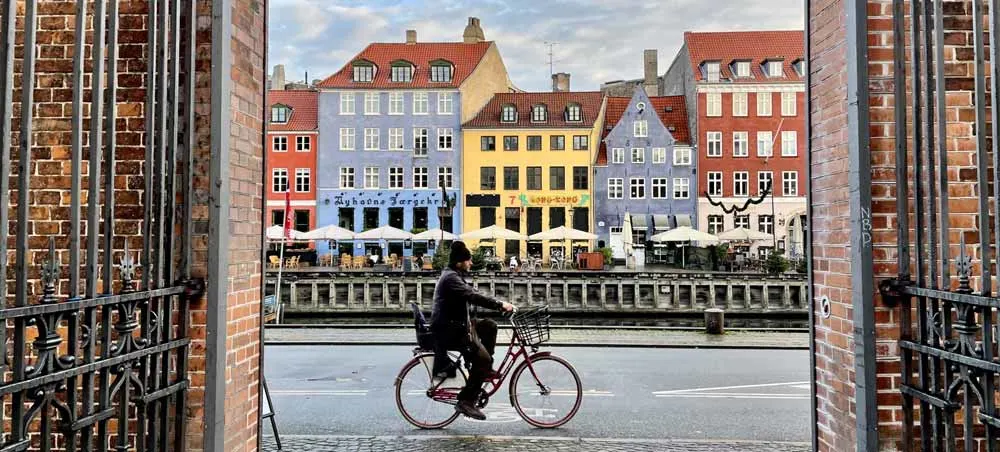
How to travel around Europe
- Use multi-stop flights – If you are travelling to various cities and towns, why not look for a multi-stop flight? You can save money by booking 3 or 4 flights at once with the same company whilst also having the option to fly into one city and out from another.
- Opt for public transport or Uber’s over taxis – I have found uber taxis work out cheaper in most cities than normal taxis. Public transport is still the best way to save some money and get a flavour of the city. (P.S. click here for your free Uber ride!)
- Check rental car policies – Some companies allow you to hire a car from one city and drop it off at another city without any extra charges. Read those rental car policies before choosing a company to go with. Go Compare compare the cheapest options for you within your chosen dates and destination(s).
- Budget airlines – Budget airlines can be found across Europe and offer the cheapest flights in most cases. However, make sure you bring your own food and fill up a water bottle at the airport (or buy one in the departure lounge). Budget Airlines make their money from selling over priced food and drink on the flights so avoid at all costs! Also bring your own headphones if you want to watch the TV or listen to music.
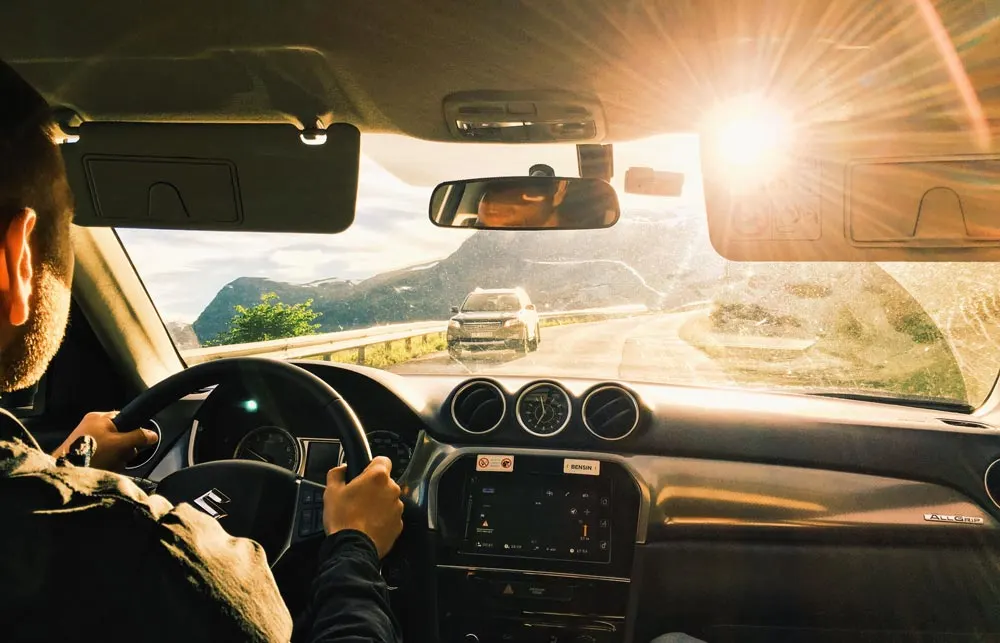
- Cheaper flights – Browse Skyscanner, Momondo and Kayak to get the best flight deals. When possible, try to book your flight around 3 months before flying. Do some research across different search engines, not all budget airlines come up on Skyscanner or Kayak.
- Airports – When heading to the airport, check you are heading to the right one! Similar to Asia and big cities in the US, some cities in Europe have multiple airports. Check you are going to the correct one, there is nothing worse then arriving, not finding your flight number and realising you have 1 hour to get to the other side of a city – talking from experience!
- Flight day – Flights on a Tuesday or Wednesday are generally cheaper as is booking them in advance. Flights around Europe can be much more expensive than those in North America or Asia so set up alerts for deals, browse several compare websites and check out Momondo; which gives you prices of your chosen flight on each day over a month.
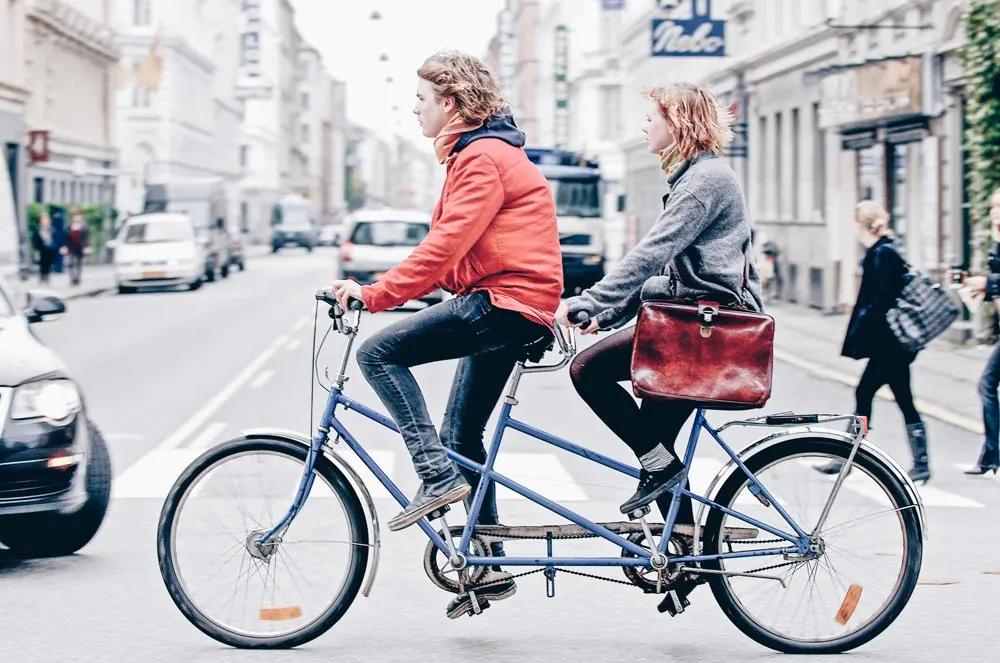
- Reserve your rail – If you are planning to get around Europe on the train, be sure to check availability and reserve a seat when possible. High-speed trains around Europe fill up fast and prices go up the nearer the departure date.
- Catch the right train – This sounds silly but check the platform and the trains destination before getting on it. Trains can be scheduled close together and you don’t want to end up on the wrong side of the country!
- Interrail or Eurail Pass – If you are a European citizen you can get yourself the Interail Pass. You may not always need to get a Pass, work out the journeys you plan on taking via train, add up the costs and compare with the Pass prices. If you are travelling around one country, you can opt for a One Country Pass or get the ‘Global Pass’ that allows you to travel throughout Europe.
- Train tickets – If you decide to book train tickets separately, do so directly on the national train website to get the best price.
- Sleeper trains – If you’re tight on time, consider catching a sleeper train. They often leave late in the evening and will bring you to your destination bright and early so you can get exploring. These are slightly more expensive than sleeper trains in Asia but are much more comfortable. Visit Eurail to see the night trains available.
- Rental cars – If you are planning to explore the countryside or smaller towns in Europe then renting a car can be time saving and cost effective. If you plan on visiting cities alone, don’t bother with a rental car as the bigger cities of Europe have fantastic transport networks but expensive parking.
- TransitUK – This app is great if you’re heading to London. You can type in your destination and it will tell you the quickest way to get their using the underground.
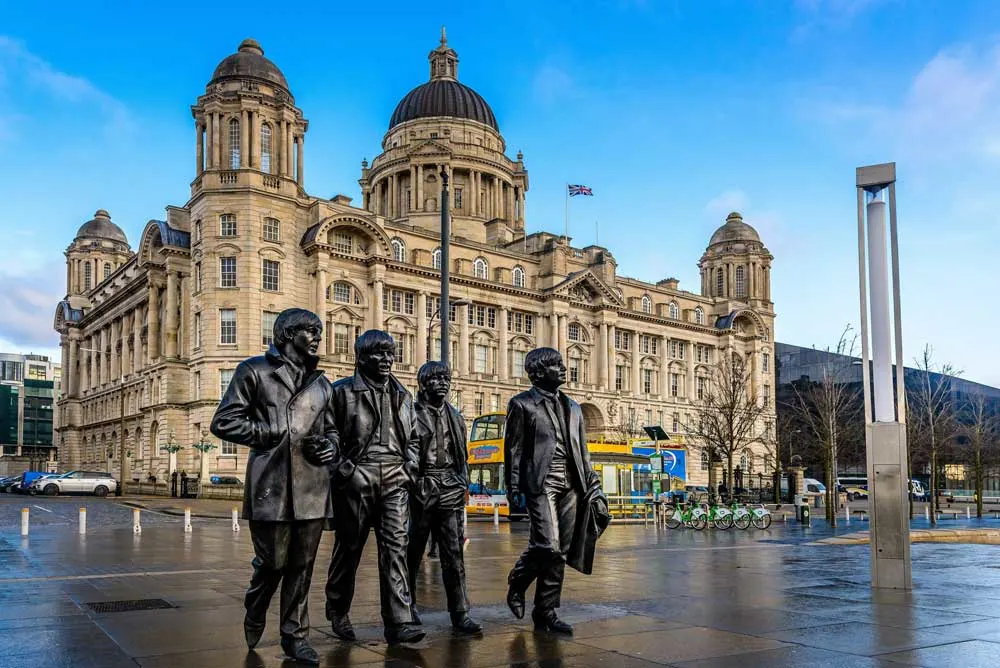
- Cruise it – For a more relaxing experience, why not get a cruise around regions of Europe. The Cruise Critic website share, compare and review cruises around the world whilst Cruise Sheet is great for finding deals.
- Oyster Card – When travelling around London extensively, it may be worth getting yourself an Oyster Card. These are top-up cards, available from all train stations in and around London (NOT all underground stations sell them however), that can be used on the underground and buses around the city.
- BlaBlaCar – For a short fee, you may wish to opt to car share around the UK. BlaBlaCar has insured, experienced drivers that offer seats in their car on journeys. I have’t personally tried this but a friend of mine headed up to Manchester from London using this site and said it was a lot cheaper than the train and was nice to get chatting to someone else.
- Bus it! – If you are on a very tight budget, get yourself on a low-cost luxury bus. Companies like Megabus or National Express offer some very cheap bus rides around Europe, with Megabus journeys costing as little as £1!
- Busabout – If you don’t mind taking a bus to your destinations across Europe, Busabout offer hop-on, hop-off buses around Europe at relatively cheap prices.
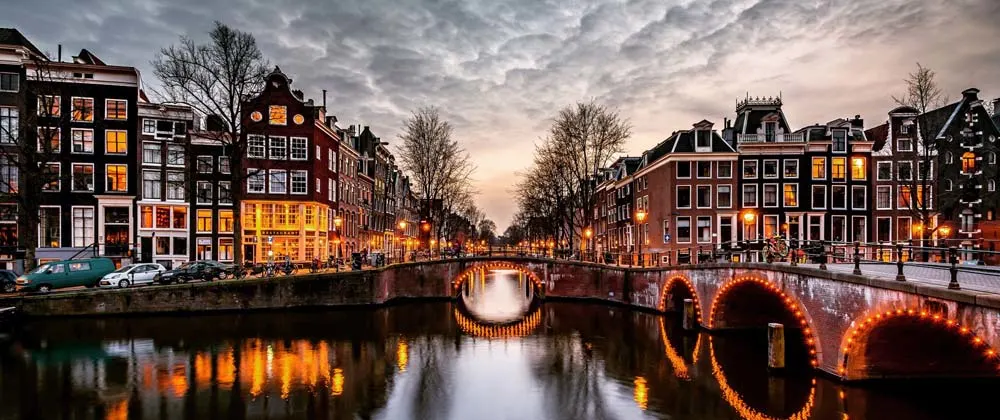
Food & Drink in Europe
- Try those nice restaurants at lunch – Most restaurants across Europe will have a special set lunch menu that is half the price of the dinner menu. Enjoy amazing food at lunch whilst saving some money. Head to small restaurants, bars, takeaways or street vendors for dinner to save extra money if you’re on a budget.
- Shop – Every city in Europe is scattered with supermarkets and mini-stores. Head to one of these stores to pick up some snacks, water and something you can nibble on for breakfast. Bottled water at attractions and in restaurants can be very overpriced as are snacks and both are essential when roaming the streets of a new city.
- Breakfast – Like I suggested above, head to a bakery or store to pick something up for breakfast. Avoid paying extra for breakfast in the hotel but do double check your booking as some hotels include it for free.
- Store opening times – Check the opening times of stores that are near your accommodation. Unlike the US or Asia, convenience stores in Europe can close as early as 5pm. Check times and buy dinner early if you are intending to have a meal in.
- Sit down charge – In some mid-range and higher priced restaurants across Europe as well as most food spots in Italy, you are charged extra for sitting down. Opt for a takeaway if you’re on a budget, especially if the place is near your accommodation.

- Extras – Bread, water and nibbles tend to land on your table in restaurants around Europe but it very rarely free. Check for a price on the menu, ask or dismiss it when bought to the table. It may feel rude and actually we often keep the water anyway, but if you are on a tight budget then just ask and dismiss.
- Plan – Plan your meal times and stick to them, it is never a good idea to miss a meal or have lunch at 4pm. You will overeat and feel to stuffed to carry on exploring – I speak from experience.
- Don’t get hungry – Similar to above, avoid searching for a place to eat when you’re hungry. Start keeping an eye out for restaurants an hour before you were planning to eat. You can always walk back to that restaurant after exploring a nearby attraction.
- Rush hour – Avoid the lunch and dinner rush and try to eat outside of these times for a more relaxing experience. If we have a busy day planned, we will be up early, have an early breakfast, eat lunch around 11.30am then dinner around 6pm. Most times we start a bit later (we love our sleep), have lunch around 2pm then a late 9pm dinner after a few hours in the local bars and pubs.

- Tap water – Water in Eastern Europe should be drank from the bottle whilst tap water in Western Europe is fine to drink.
- Markets and street food – Some of the best food in any country is often found in markets or on the side of the road from a street vendor. Head to the local market and have a picnic.
- Apartment renting – If you rent an apartment from Air b’n’b or HomeAway, you can save quite a bit of money by shopping at a local store and cooking meals yourself.
- Get the view – There are some beautiful restaurants in Europe with some beautiful views. However, they often have not so beautiful prices. Head to these bars and buy a drink to enjoy the view, then head to a cheaper place for actual dinner.
- Fixed Price Menus (set menus) – The cheapest (and often the tastiest) way to eat at those flashy restaurants is to order a fixed price or set menu. It also forces you to try food you may not have chosen!
- Fast Food – Not everyone’s choice but fast food places are great if you are on a budget or in a rush. McDonalds often have different types of meals available depending on where you are in Europe but Kebabs, Pizza and sandwiches are popular around Europe and often very tasty!
- Afternoon closures – Restaurants do have a tendency of closing between 2/3pm and 7pm. Not all restaurants do this but it isn’t uncommon, so check the times of that exciting restaurant you have your eye on.
- Children eat free! – Some restaurants offer a children eat for free deal, perfect for families.
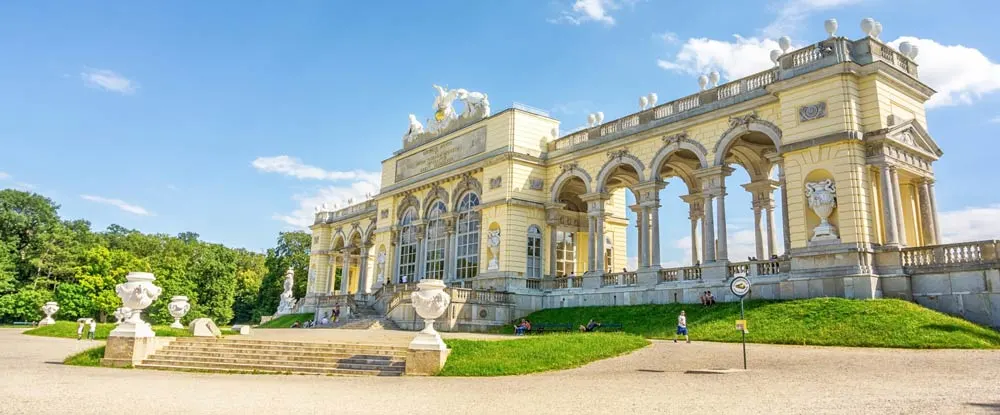
Attractions in Europe
- BOOK TICKETS – Number 1 rule when visiting those top European attractions is to book tickets when possible. Queues are ridiculously long and tickets can be cheaper when purchased in advance.
- Arrive early – In some cases you can’t book tickets online. For the Eiffel Tower in Paris, we arrived about an hour before it opened and there was already a very long queue! Arrive early to make the most out of your day.
- CityPass – If you are in a city for a while, grab yourself a CityPass to save some money on attractions.
- Big Bus Tours – If you are short on time, hop on a bus tour and see all the major sights in just one day. You can hop on and off the bus if you wish to head into the attraction itself.
- Tourist information – When arriving at an airport or train station, head to the tourist information office or booth. Their maps are a great help and you can often get lots of discount vouchers for restaurants and attractions around the city.
- Free tours – Most cities in Europe will offer some type of guided tour for free. Google ‘free guided tour’ and your destination (e.g. free guided tour London), and choose from the tours available. Just make sure you tip your guide!
- London Museums – The popular museums in London are FREE! The Natural History Museum, Science Museum, British Museum and Imperial War Museum (a fave of mine) are all free and fascinating.
- Free attractions – Remember that every city and country in the world will have free attractions to visit. Read our blog on top free things to do in London.
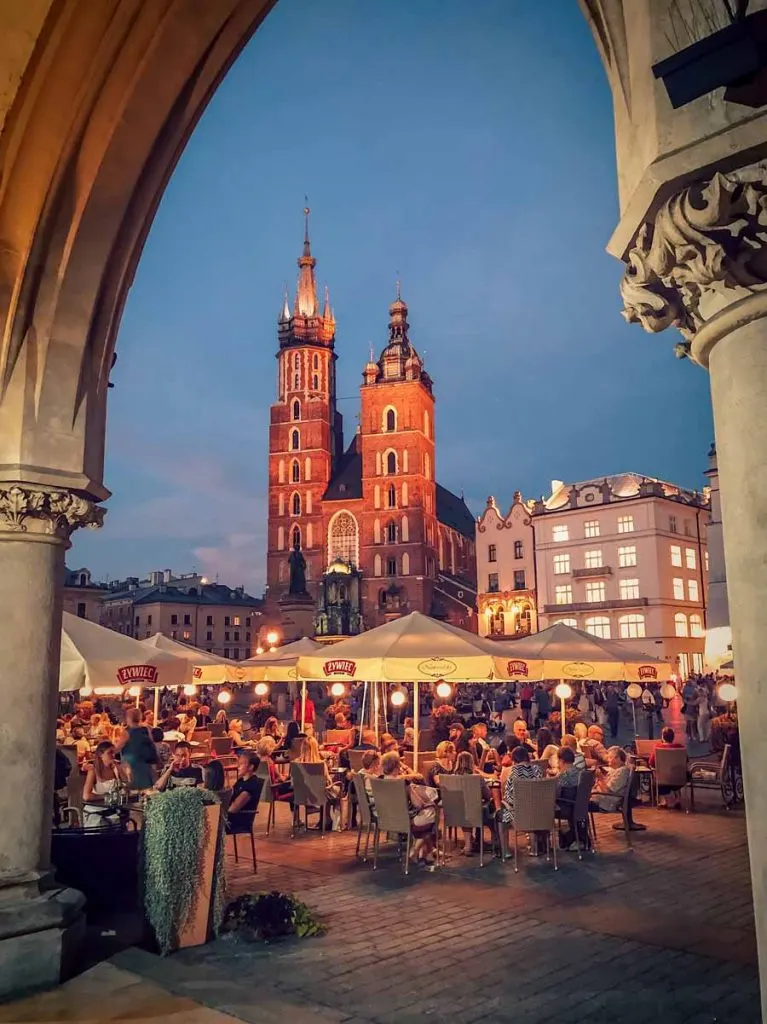
- Museums – If there is an interesting museum in your destination that you have your eye on, check the website for free afternoons. Some museums will offer a free entrance slot during the week. Paris offer free entrance on the first Sunday of every month for some museums.
- Concerts/theatre/sports – Many cities around Europe offer free music concerts and discounted theatre tickets. When in London you can get cheap tickets for Shakespeare’s Globe by opting for the standing tickets or head to stubhub for concert, theatre and sporting event tickets.
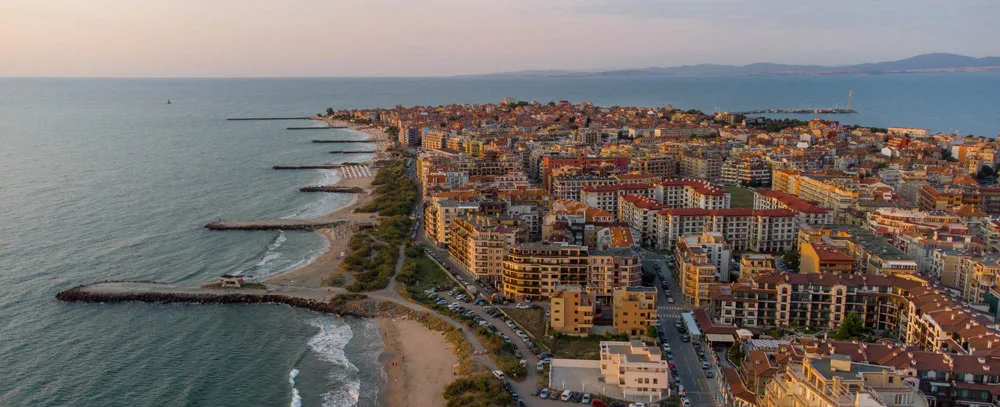
Extra Europe Travel Tips
- Phones – Unlock your phone and get a local sim. If you are in the UK at some point, you can pick up a sim card from ‘Three’ who don’t charge extra for roaming charges in many countries around Europe and the World.
- Toilets – Many public toilets, especially in train stations, will charge for usage. Be sure to carry some change around when your travelling via train and have to wait at a station for a while. Toilets on trains don’t charge (but aren’t always that nice!) so you can always wait until you’re on board.
- Tipping – Tipping is somewhat expected throughout European cities but it isn’t as much as the expectation in North America. When paying for food or a service in cash, it is customary to leave the small change as a tip.
- Currency – Not all countries in Europe use the Euro as their currency so check before you travel.

- Withdrawing Cash – Avoid withdrawing money at airports as the exchange is always bad. Post Offices often offer good exchange rates.
- Coins – Make sure you spend all your coins before you leave your destination as coins can’t be exchanged once you return home. You can always pay part cash, part card if need be.
- Safety – Europe is fairly safe but like most places, crime does still occur. Keep your belongings in a zipped bag you can have your hand over (shoulder handbags are my preference). Avoid flashing around expensive equipment like cameras and phones in quiet areas and check with your hotel if they know of any scams going on in the area. Oh also avoid monkeys! A trip to Spain in my youth taught me that they can steal purses very well!
- AroundMe – An awesome app that can locate banks, bars, cinemas, cafes, concerts, hotels, local guides, petrol stations, pharmacies, pubs and so on, meaning when you’re in the middle of a new city or town and are searching for somewhere to eat/sleep/sit/refuel etc, this app becomes your best friend.
- Drinks – An important subject but can be a costly one. Work out the happy hours in your local area to make your money stretch or head to a bar in a hostel for cheaper drinks. We do this even when we aren’t even staying at the hostel. The Queen Elizabeth Hostel (Fulham, London) is a good example of how you can get a pint for £3.20 whilst the same branded pint at a pub up the road can cost £5! (yeah London is pricey).
- Be a local – Act as the locals do when exploring a new place. Wear appropriate clothes when visiting churches and check the local etiquette before visiting.
- Shopping – When your getting souvenirs, gifts, food or sunglasses (ok when buying anything!), try and visit family businesses. Not only is it great to support local small businesses but you can also get great quality items.
- WiFi Finder – This app locates places near you that have WiFi. This is great for those who are attached to their phones or those who love to update family and friends whilst on the go. Using free WiFi in the city can help you save money too, as lots of hotels in Europe will charge extra for the use of WiFi.
- Practise the Lingo – OK, so English is spoken by many countries across Europe but it doesn’t hurt to learn some of the language before travelling. Language Apps are available to download (some basic ones are free) or check out our Speak the Lingo blogs to pick up some of the basic necessitates of your chosen destination.

- Pack for the weather – Weather can be so varied in Europe. Bring yourself an umbrella and raincoat if your heading to Western Europe anytime during the year, the weather is unpredictable. Make sure you choose the right backpack for Europe.
- Bikes – Many popular cities in Europe offer some type of bike scheme. You can hire a bike by the hour and get around the city easily and cheaply.
Stay Creative!
Thank you for your support and love for Creative Travel Guide. If you are looking for more video tips, make sure to head over to your YouTube channel and follow us on Instagram for daily tips and chats.
Share any questions or comments below and happy creative travels!


7 Day Denmark Itinerary including Copenhagen | Creative Travel Guide
Sunday 19th of February 2023
[…] 100 ways to travel Europe and save money to explore Denmark and […]
Best places to visit in Europe - Creative Travel Guide
Friday 16th of September 2022
[…] Tip: Make sure you read these 100 tips for Europe travel – especially if it is your first time – or about travel in Europe with kids if you are […]
Top 9 Any travel tips for europe (2022 Update) - Bubblonia.Com - Bubblonia.com
Tuesday 23rd of August 2022
[…] See more […]
WHERE TO GO ON SAFARI • Creative Travel Guide
Monday 8th of August 2022
[…] on a European holiday and experiencing city life is understandably appealing, but a safari-themed vacation certainly […]
10 Eastern European Capitals you must visit - Beyond my Door
Thursday 2nd of June 2022
[…] as well as give you a look into the actual daily goings on of the countries these capitals lead. Eastern European cities also tend to be cheaper than many of the Western European ones and have incredible culture, daily life, architecture, and […]